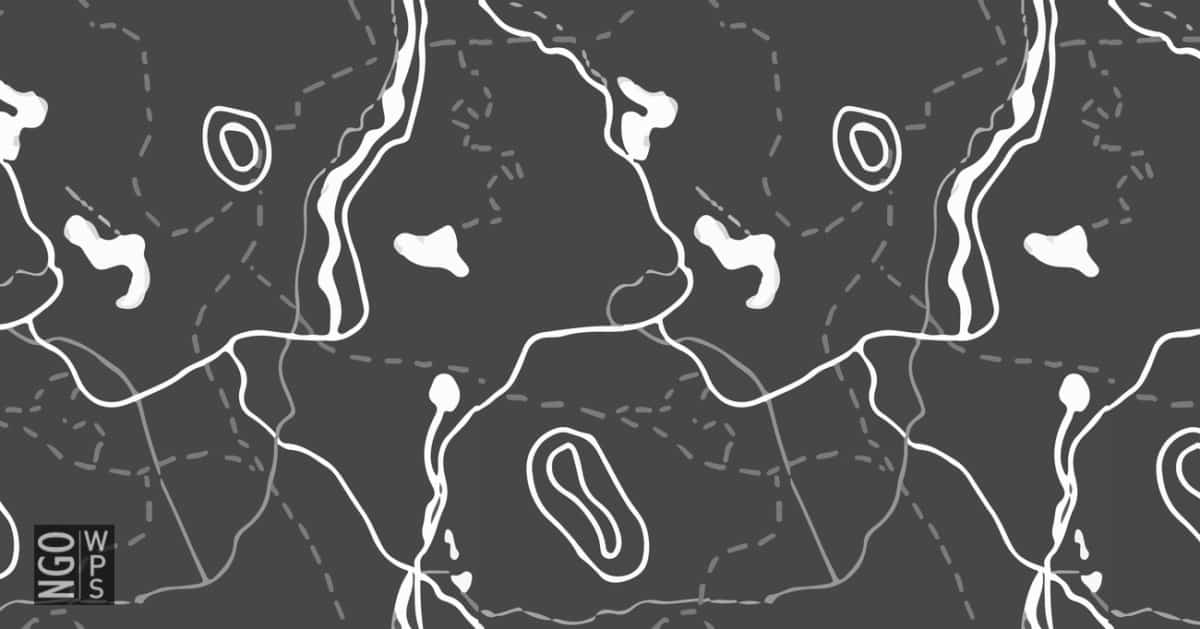Western Sahara
Western Sahara
Western Sahara has been the subject of a decades-long territorial dispute between Morocco and the Algerian-backed Polisario Front, having been arbitrarily partitioned between Morocco and Mauritania following the end of Spanish rule. Negotiations in 1991 and 2007 were both unsuccessful, and Western Sahara remains partially governed by Morocco.
Algeria continues to host approximately 100,000 refugees in Polisario camps, and a majority of camp administrators are women, although women are still imprisoned for adultery and are excluded from the highest ranking posts. Women have actively participated in the Polisario independence movement as both fighters and peaceful protesters, including acting as leaders in the National Union of Saharawi Women, which serves on the frontlines.
Based on the work of NGOWG members and their partners, the NGOWG advocates for including a human rights monitoring and reporting presence that encompasses gender considerations in the the UN Mission for the Referendum in Western Sahara (MINURSO) mandate.
Current and Past Recommendations to the UN Security Council (Monthly Action Points)
In relation to its discussion of the forthcoming Secretary-General’s report on the UN mission in Western Sahara (MINURSO), and in its expected renewal of the MINURSO mandate, the Council should ensure the new resolution includes a human rights monitoring mandate, which – unlike most other missions established under the authority of the Council – it currently does not have. A human rights component is critical to documenting human rights violations, including violations against women, in Western Sahara, and the Tindouf camps administered by the Polisario Front. In the past year, the Moroccan authorities have taken positive steps to ensure respect for human rights, including facilitating visits of UN Special Procedures, and the Working Group on Discrimination against Women in Law and Practice of February 2012. However, human rights violations have been regularly reported against Sahrawis advocating for the self-determination of Western Sahara. Pro-independence activists have been imprisoned and have reportedly been tortured or otherwise ill-treated during questioning. The absence of independent human rights organizations in the camps makes it difficult to report and verify human rights violations. A human rights monitoring mandate for MINURSO, to include both Western Sahara and the Tindouf camps, would provide independent reporting on the current human rights situation, and be able to monitor violations against women. This mandate would strengthen the mission’s support build trust between the parties and create an environment conducive for political negotiations, negotiations which must include the full and equal participation of women.
Relevant Resources










